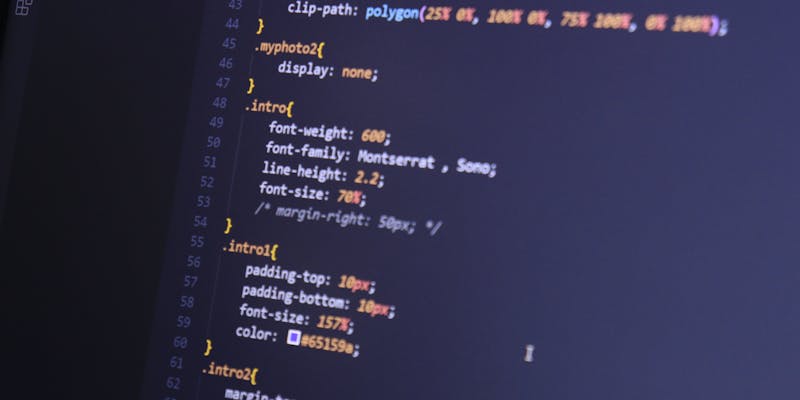The software supply chain’s security protocols were recently challenged when the PyPI package “django-log-tracker” facilitated an intricate cyberattack. Initially appearing as a standard package, it had remained inactive since its last update in April 2022. Concerns were raised on February 21, 2024, when version 1.0.4 of the package was released, signaling to cybersecurity experts that the package had turned malicious. The covert execution of this attack via an update reveals the vulnerability of software repositories and the need for scrutinized monitoring of software package updates to prevent such breaches. This incident has emphasized the critical nature of vigilance in maintaining the integrity and security of software pipelines, particularly in commonly used platforms like PyPI. It serves as a stern reminder to the developer community about the potential for hidden threats within routine components of their software infrastructure.
Detection and Analysis of the Malicious Package Update
Identifying Suspicious Activity
Cybersecurity experts at Phylum encountered suspicious activity pertaining to the “django-log-tracker” package’s recent update on PyPI. This unusual update was perceived as a possible hostile takeover of the original developer’s account, a method increasingly observed in supply chain attacks aimed at widely trusted software ecosystems. In particular, the fact that the package had not seen activity for a lengthy period before this malignant update is troubling, highlighting a growing vulnerability within the open-source software community. Dormant packages like “django-log-tracker” gain a certain level of trust over time, making them perfect targets for attackers who exploit this trust to introduce malicious code. Phylum’s identification of the potentially compromised package serves as a stark reminder that even inactive projects can serve as conduits for cyber threats. This instance underscores the need for heightened vigilance and a proactive security posture to protect against the exploitation of trusted, albeit inactive, software resources.
Unpacking the Malicious Update
The compromised version of the software harbored malicious code within two particular files: __init__.py and example.py. Once the software was installed, the scripts became active and immediately began the process of reaching out to an obscure server to retrieve a malign piece of software, known as “Updater_1.4.4_x64.exe.” This troubling executable was actually a vessel for the NovaSentinel stealer malware, a significant cybersecurity threat that first made its appearance in November 2023. This particular malware is notorious for its ability to extract and remove confidential data from computers utilizing the Windows operating system. Notably, the NovaSentinel stealer has quickly become infamous for its stealth and efficiency in accessing and siphoning away personal and sensitive information, hence posing a formidable risk to the security of affected machines. The sequence of events triggered by the installation of the corrupt software underscores the severity of the threat, with the initial download and execution of the “Updater” acting as a gateway for the malware to infiltrate and compromise the systems.
Mitigation and Enhancement of Security Practices
Immediate Response to the Attack
The discovery of a malevolent software update on PyPI, although it was downloaded a mere 107 times, presented a real danger with its potential to wreak extensive havoc. It is fortunate that the harmful package was quickly detected and eliminated from the platform before it could inflict wider harm. This exemplifies the crucial vigilance needed within the tech community and underscores the importance of cybersecurity outfits like Phylum. The swift intervention by these cybersecurity specialists averted a possibly significant security crisis.
The swift resolution in this case serves as a reminder that the integrity of shared software repositories is integral to the broader IT ecosystem. Such coordinated vigilance is becoming more critical as the dependency on open-source components grows within software development. The incident with the PyPI update proves the necessity for continuous monitoring and response mechanisms to safeguard the digital infrastructure from similar threats. Cybersecurity measures, especially from organizations dedicated to protecting communal software libraries, are central to maintaining trust and stability in the ever-evolving landscape of software development.
Reinforcing Developer and Organizational Security
Events like this serve as a stark reminder of the necessity for developers and organizations to exercise enhanced security measures. There is an essential need for rigorous scrutiny of package updates, especially those originating from projects that have long been inactive. Moreover, implementing automated tools to detect irregularities has become a critical strategy. Services such as Perimeter81 present vital malware protection against a host of threats and bolster the defenses for networks against such intrusive attacks.
In conclusion, the targeted assault on the “django-log-tracker” PyPI package unveils a particularly sneaky tactic used to invade the software supply chain. It depends on the exploitation of the trust inherent within the software developer community. The quick action taken underscores the continuous need for heightened vigilance and robust security protocols capable of identifying and mitigating novel threats to maintain the integrity of the software supply chain.

